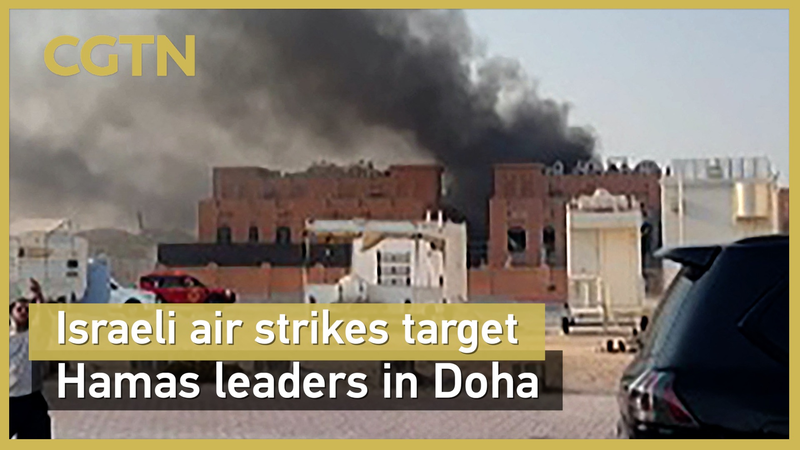Late Tuesday morning, the skyline of Doha trembled as Israel launched an unprecedented airstrike on a building used by senior Hamas officials. The target? A negotiating hub where a Hamas delegation had gathered to discuss a new ceasefire proposal introduced by U.S. President Donald Trump.
According to Israeli authorities, the strike was a precise attempt to take out top leaders of the group. Hamas confirmed that although its core negotiating team escaped unharmed, six individuals at the site were killed. The precise identities of those killed remain unverified.
For young global citizens tracking the latest in geopolitics, this event marks a stark escalation: Israel reaching beyond its borders into one of its most steadfast regional hosts. The move challenges traditional boundaries of conflict and raises questions about the future of negotiations in the Gaza Strip, where more than 2 million residents await any sign of lasting peace.
From a data perspective, this operation stands out. It is one of the first known airstrikes by Israel in the Gulf region, a signal of shifting tactics as the country's home-front defense strategy evolves. Business and tech enthusiasts may view this as an extension of cross-border precision technology, while thought leaders and changemakers will debate its impact on human rights and international law.
Sports and entertainment fans, planning trips to Qatar's upcoming global events, will now weigh safety concerns amid rising regional tensions. Travelers and digital nomads eyeing Doha's vibrant culture and sustainable tourism initiatives may reconsider itineraries as the situation develops.
The coming days will reveal whether this bold maneuver forces a breakthrough in ceasefire talks or further entrenches opposing positions. One thing is clear: in an era of real-time social media and global interconnection, the line between battlefield and broadcast has never been thinner.
Reference(s):
cgtn.com




